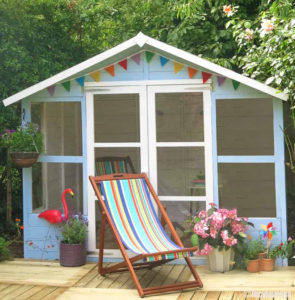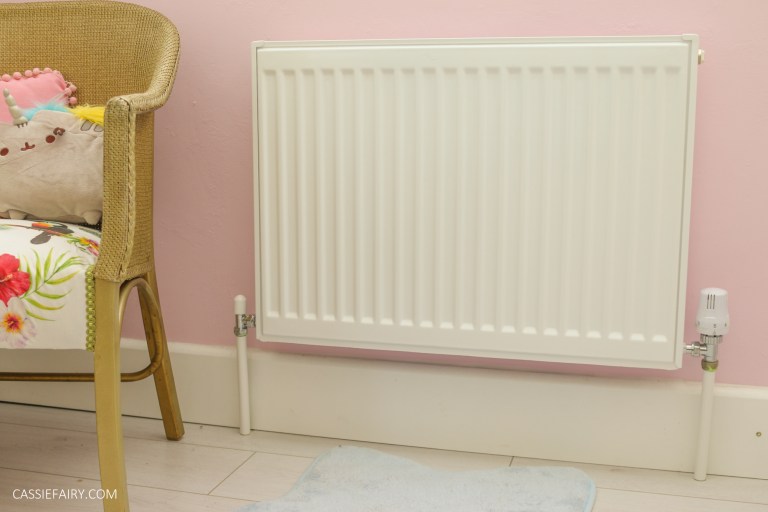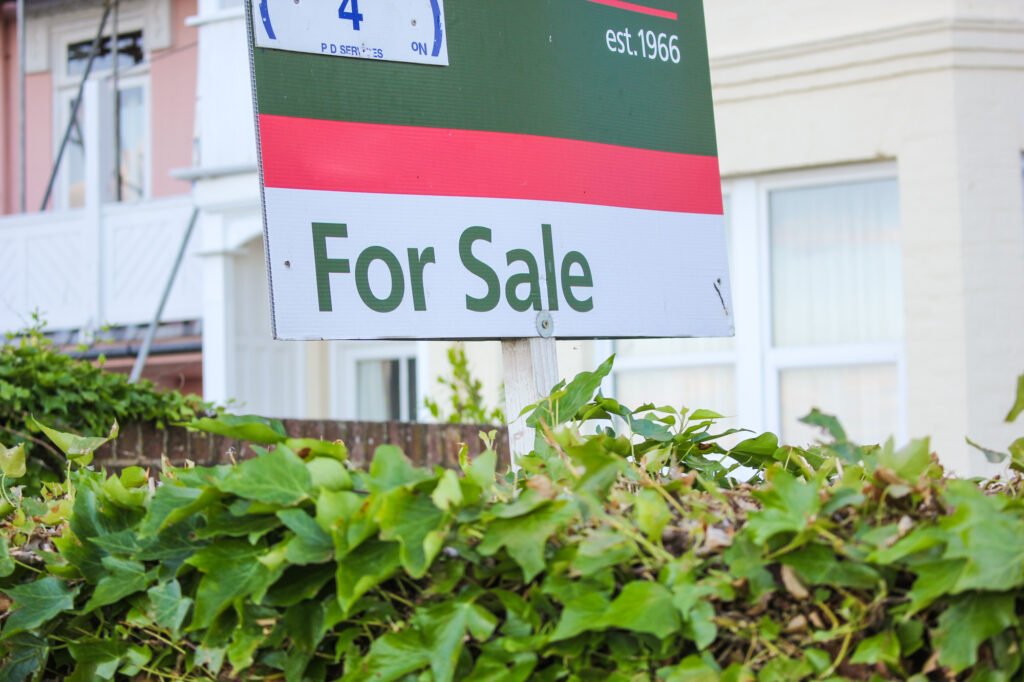
When I was looking to buy my first home, it made financial sense; we were paying more on rent than it would have cost to mortgage the same kind of house. We also had a deposit saved but our savings were earning little-to-no interest. And, most importantly, our budget would cover the associated monthly bills.
But that was 6 years ago and things have changed a lot since we bought our first house. The pandemic, the cost of living crisis, soaring interest rates and inflation have all contributed to an economy that’s not as great as it once was.
With so many financial concerns looming, does it even make sense to buy a house any more? Let’s look at the costs associated with moving and consider whether downsizing your property or moving to a cheaper area will actually help lower your bills or will it leave you worse off overall?
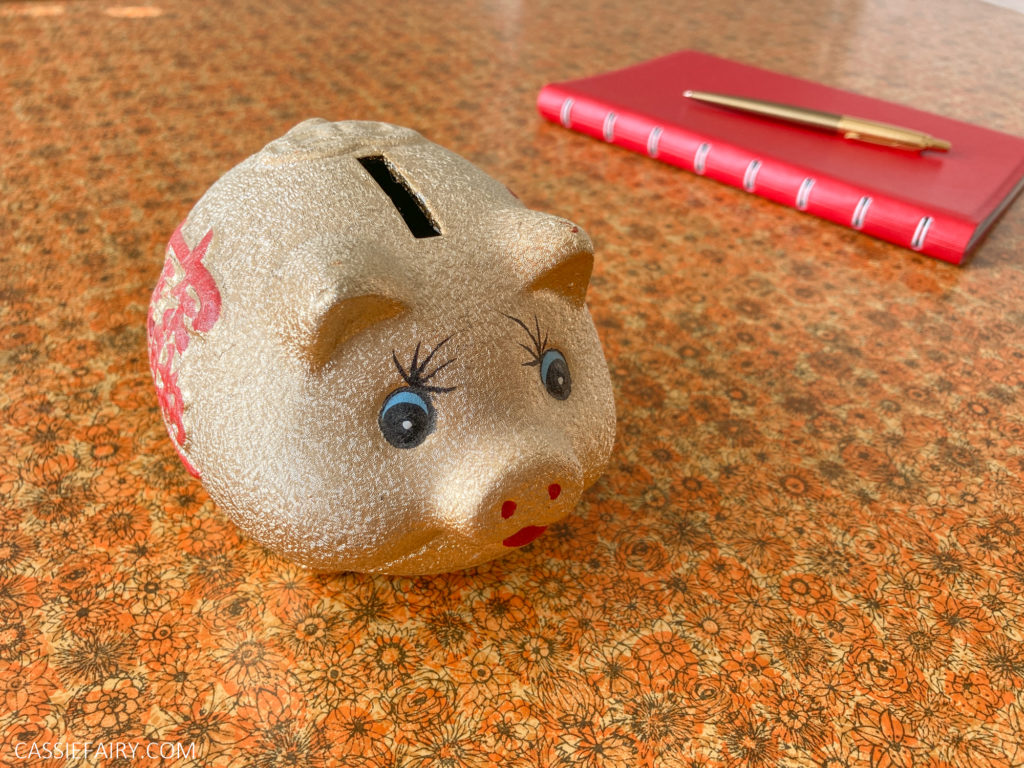
1. Mortgage Vs. renting
At the moment the cost of renting feels like it’s sky-high. However, with higher interest rates on mortgages and expensive house prices, it may work out that renting is now the cheaper option over mortgage repayments.
The key thing to consider here is your monthly budget – you know how much money you’ve got coming in and you know roughly what your bills will be each month. So, what’s left over for your home? Do you have enough to cover your current rent? Would that same amount of money cover a mortgage repayment?
You can use a free mortgage calculator to figure out the monthly repayment cost on any house price and at any given interest rate before you even consider buying it. This way, you’ll be able to determine whether you would actually save money each month with a mortgage Vs. renting.
And definitely check the costs if interest rates were to continue rising. Could you still cover a repayment if the interest rate went up to 14.88% like it did in 1989? You want to feel safe in your home and being able to cover higher rates if necessary is important for that.

2. Buying and selling costs
If you already own your home, you might be able to make savings on your monthly repayment by selling it and moving to an area where the house prices are cheaper. Or you could choose to downsize to a smaller property, which will have a smaller price tag.
However, there are costs associated with buying or selling a property that need to be considered before you make the move. Once you’ve added up the cost of conveyancing, stamp duty, valuations and surveys, mortgage arrangement fees, estate agents fees and even removal companies, This ‘one-off’ bill for moving house might be prohibitive.
That said, if you’re a first-time buyer or are buying a lower-cost property, you may be exempt from stamp duty. Plus, you could shop around for local solicitors and get the help of a mortgage advisor to lower the cost of arranging your new mortgage.
Even so, these are all costs that you’ll need to cover in order to make the move – so make sure you’ve got enough extra cash in the bank before you start looking at houses to buy. But on the flip side, if you’re selling a house and downsizing, you might earn extra money from the house sale to put in the bank – which brings us nicely onto…

3. Interest on savings
Will you actually have less income if you buy a property? The benefit of higher interest rates is that your savings – the deposit for your home and the lump sum you’ve put aside for all the property buying fees – are actually making you money each month.
At the moment, most of us are getting a good level of interest on our money – or could be getting a good amount of interest if we move our savings into a high-interest account or a fixed-term ISA. It can be quite exciting to get ‘free money’ paid into your account each month as interest, and it might even help towards your existing monthly bills.
That means, if you were to hand over your savings as a deposit on a property, you would no longer have that extra bit of cash being paid into your account each month. So, not only should you consider if you can afford the mortgage, but can you afford not to have the interest coming in to add to your budget each month?
At the moment, it might be more financially helpful to keep hold of your savings and put the interest you earn towards the current cost of your rent/mortgage. It might help to lower the overall cost of either of these, meaning you might be able to ride out the current interest rate rises. Then, you’ll still have your savings available, ready to buy a home when interest rates start to fall again in the future.

4. Ongoing bills
Moving house means a whole new set of bills – and you might end up paying more for heating and electricity if your next home is bigger or older and less well-insulated. Or, perhaps it’s a new-build that’ll have better insulation to save on hosts but might it be in a higher council tax band than your previous home?
Plus, you might have extra transport costs if you’ve moved to a different area with lower house prices so you may have to travel further by bus, train or car to get to work. If so, all those extra costs should be added to the monthly budget too.
Use my free monthly budget planner to complete a thorough monthly budget before you commit to moving. The numbers should be based on your best estimates for the extra cost of repaying a mortgage, along with energy bills, transport costs and council tax to give you a final total for the month.
That way you can be certain that you’ll either save money (so the move is worth it) or it’ll cost you more (so you might want to reconsider your options).
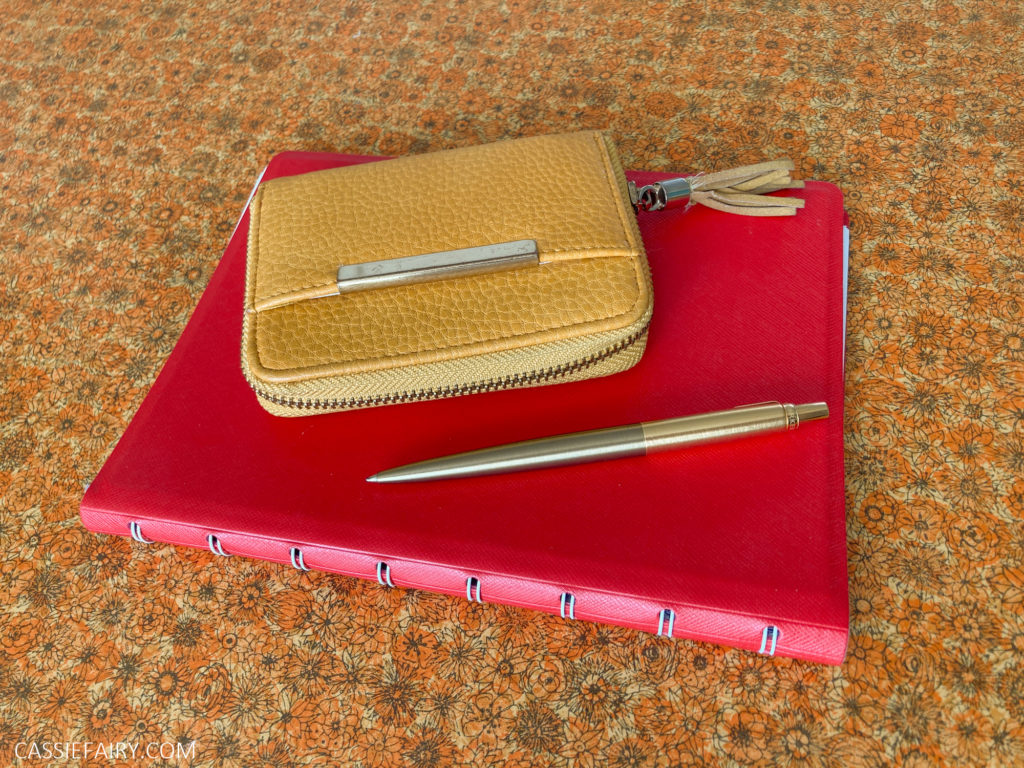
Although I’m not saying you shouldn’t move house – especially if you can’t afford your current monthly outgoings – there are definitely hidden costs that you should consider before making any decisions. Let me know if you can think of any other expenses in the comments below and I’d love to hear how you’ve saved money on your housing budget, too.
Pin it for later

This article is a sponsored collaboration. The pink links in the content indicate a sponsored link or information source. The blog post reflects my own experience and the sponsor hasn’t had any control over my content 🙂









